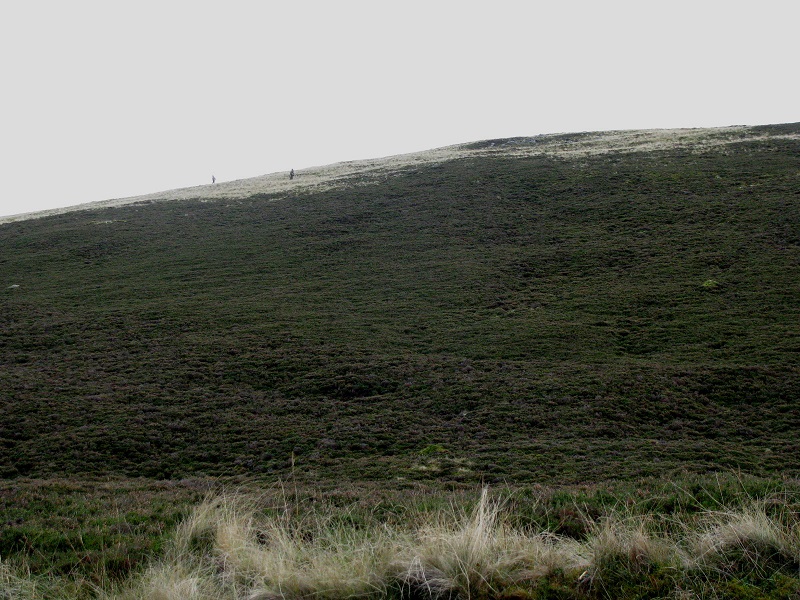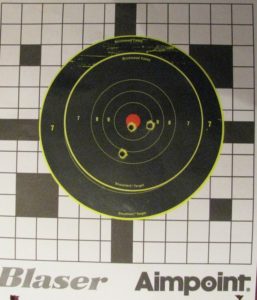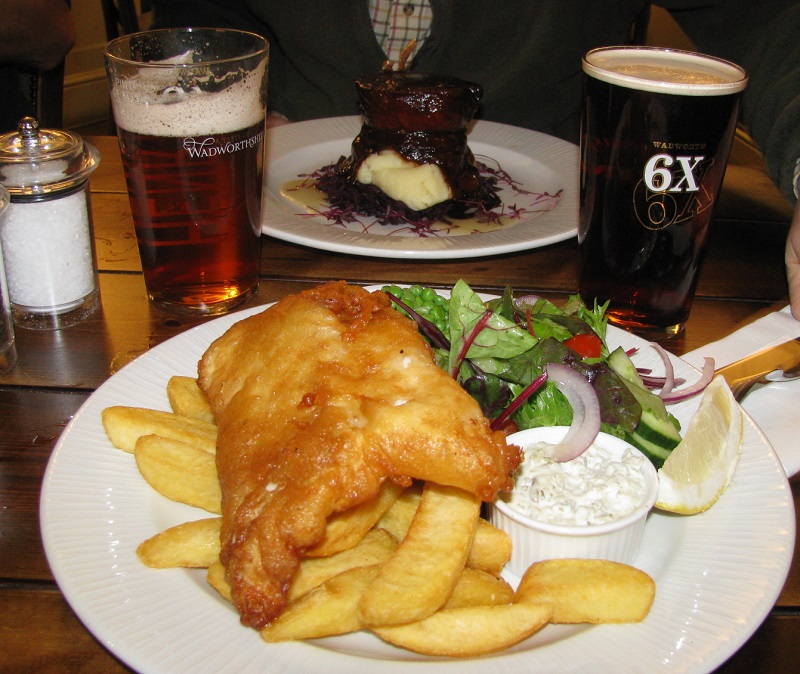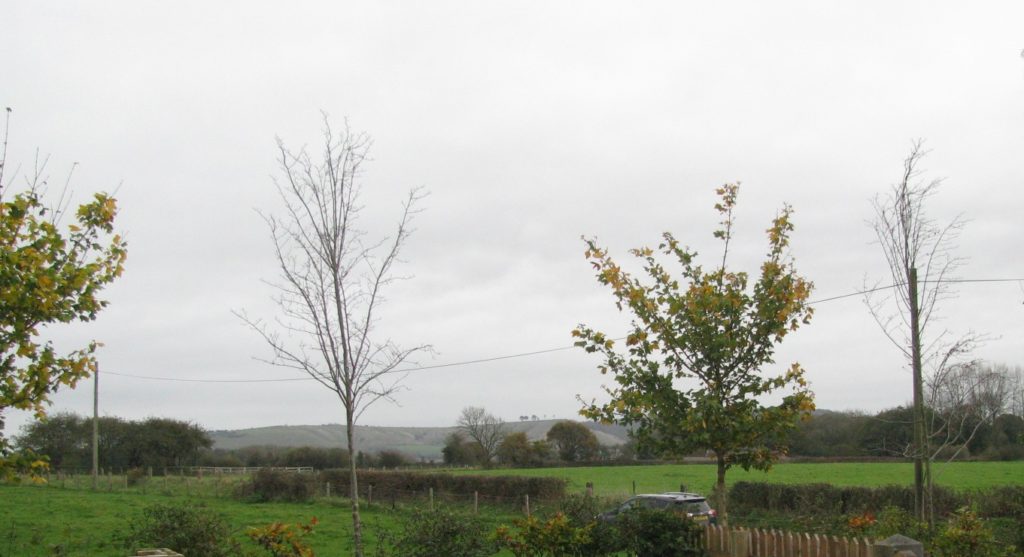Got back to the Englishman’s Castle (i.e. farm) last night after a four-hour journey from Cornwall in the pouring rain (see: Britishland Weather, Normal Autumn Edition). Of course, after leaving the cottage at 3pm and this being Britishland Autumn, only one hour was completed in daylight and the rest in Stygian black dampness. Fortunately, The Englishman is well versed in the Dark Arts of driving a Land Rover in such conditions which is a Good Thing because as any fule kno, Land Rovers have totally inadequate and shit windshield wipers which, at any speed over 20mph, simply wave about feebly over the glass without making much contact. Being a Stout Bulldog, however, The Englishman didn’t seem to notice, even when negotiating the terror known as traffic circles (“roundabouts”) along the A303, which runs from Cornwall all the way past Stonehenge, ending I-don’t-care-where.
Of course, after such a journey some sustenance was needed, but rather than go to the King’s Arms (which could only have ended badly), we settled for a curry and a couple beers at a fine Indian restaurant in Devizes.
But that’s not what I wanted to talk about. This is.
Had my landlord called me earlier to say that the next scheduled guests had canceled their stay and would I like to stay in Boscastle for the next few days, I would have sung the Hallelujah Chorus. Why? Well, I like singing the Hallelujah Chorus at the best of times, but mostly I would have sung it because my stay in the cottage, far from being the ordeal I thought it might be, turned out to be one of the best times of my life. This was not just because Boscastle is beautiful (it is) or because the locals are very friendly (they are) or because I liked being on my own (amazingly, I discovered that I do).
It was a great time because of the cottage itself. I’ve not given a proper description of the place before because I wanted to do the place justice after I left. So here goes.
It’s called “The Old Store House” because that’s what it used to be back in the 19th(?) century. It’s a really old building, and lies smack bang on the banks of the river, just before it empties into the harbor and estuary:

It has three bedrooms and can house five people (two double beds and a single, across three bedrooms), and has two bathrooms upstairs — excellent showers and a bathtub. But that doesn’t tell the full story. The place, inside, is absolutely gorgeous: stone and tile floors downstairs, and carpets upstairs. Here’s the kitchen and the living room:
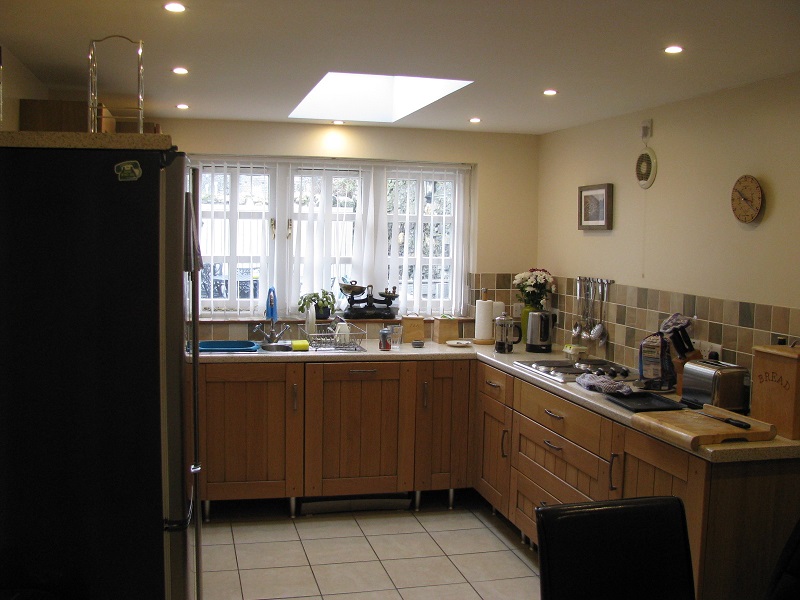
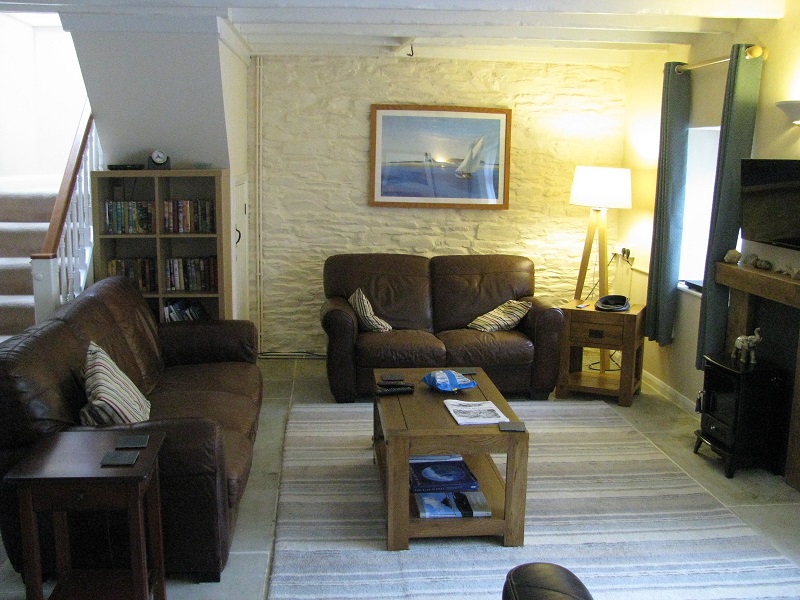
…and the pictures don’t do them justice at all. (By the way, in the bookcase are an incredible selection of dime novels in hardback; Loyal Readers will know of my love for the genre, and suffice it to say that I read four during my stay.) Simply put: I could live there quite happily for the rest of my life — and I should point out that my good friends the Sorensons (who took me there and stayed a couple days) are of the same opinion.
Enough of that. To my Murkin Readers I say: if you’ve ever thought of visiting Britishland, you have to visit Cornwall, you have to visit Boscastle, and you have to stay at The Old Store House. To my Britishland Readers I say: book your stay for next year (here). But I should warn you all that The Englishman has already booked out fifteen weeks (nearly four months) of next year, so do not procrastinate.
And I’m told that almost all the people who’ve booked their stay are “returners”, which should give you an idea.
This is not a plug of gratitude to The Englishman on my part — although I am pathetically grateful to him for getting me in there at such short notice. This post is a service to my Readers, because I promise you, you will love the place, both the town and The Old Store House.
If you do manage to get in, email me and I’ll give you all the inside scoop: where and where not to eat, tips about local beauty spots, and where to shop. Now get going.
P.S. “Sharon’s Plaice” [sic] just up the road from the cottage has the best fish & chips I’ve ever eaten. The fish comes from that morning’s catch, and fresh potatoes are likewise dropped off daily from one of the local farms. Last Saturday night there were about fifteen people (I among them) standing in the chilly rain, patiently waiting for their orders to be filled.
It was the third time I’d been there in five days.
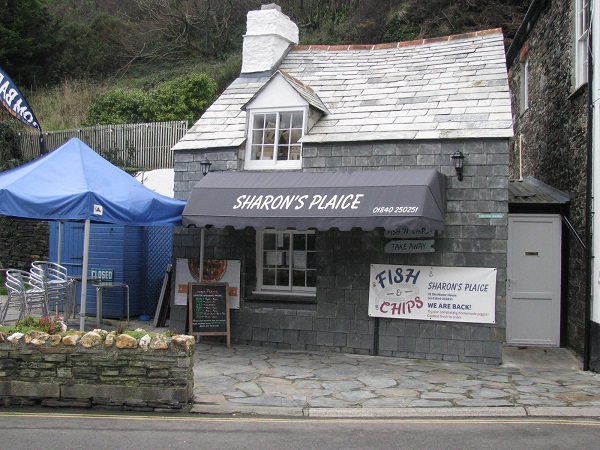
Oh, and the Spar Foodliner across the street sells Wadworth 6X.


